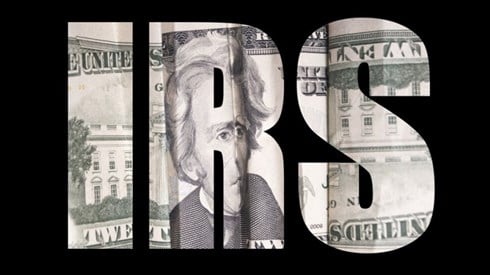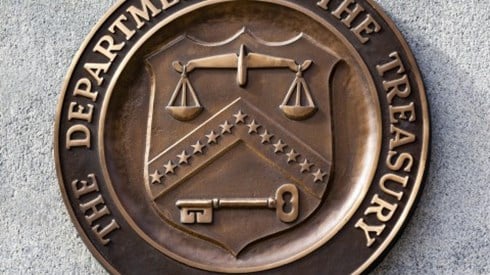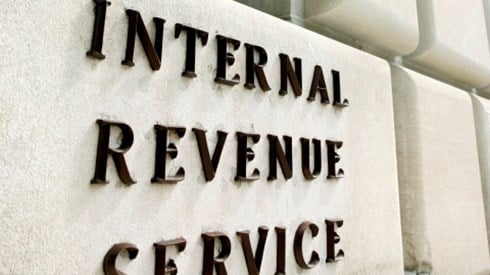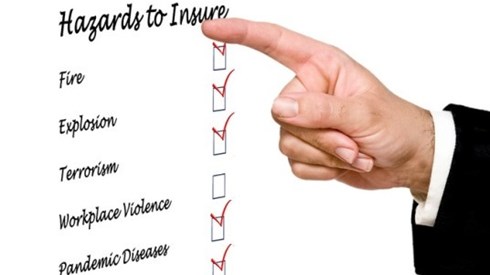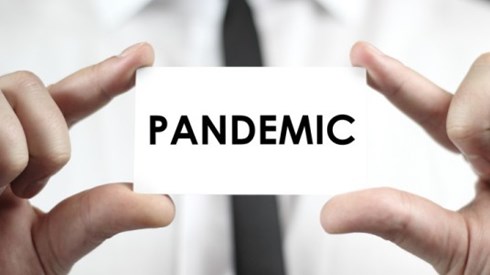Potential Tax Changes Seen Having Little Impact on Captive Use

July 14, 2021

With insurance buyers turning to captive insurance more than ever as a risk financing solution, tax developments in the United States or on the international front should have little impact on the captive industry, a panel of experts suggested.
Speaking during a July 13 webinar presented by the Self-Insurance Institute of America (SIIA), the panelists discussed such topics as tax issues, COVID-19, and captive insurance growth, with the discussion informed by findings of the SIIA's inaugural Captive Industry Survey.
Among the survey's key findings was that, despite pressure from the Internal Revenue Service (IRS) and regulatory burdens, captive insurance company owners remain hesitant to take the IRS global settlement offer. Some captive managers surveyed indicated 95 percent of clients chose not to settle, while others reported 50 percent or slightly less than half choosing to settle.
The SIIA survey also found that 35 percent of the captive managers responding said they had a captive currently under audit by the IRS.
Webinar panelist Sean King, principal at CIC Services, said he thinks the IRS's increased scrutiny of captives might have "backfired a little bit" and in fact drawn more attention to captive insurance companies and how they can be used to manage risk.
Still, he said he's seen a number of captive parents winding up captives after they were "terrorized by the IRS" into closing them down. "We are seeing people with very important, very legitimate captives, unfortunately becoming afraid from all the IRS scrutiny and sometimes unwinding them or underutilizing them," Mr. King said.
Mr. King also suggested that the IRS interest in captive insurance goes beyond just micro-captives.
"I just think the industry is whistling past the graveyard if they believe the IRS ever intended this to be an 831(b)-only issue," he said. While the IRS had little success attacking large captives, they found they might have some success in attacking smaller captives that are in less of a position to defend themselves and might find it cheaper to settle than to go to court, Mr. King said.
Another panelist on the "SIIA Captive Industry Survey Release and Advocacy Update" webinar, Jerry Messick, principal and CEO of Elevate Risk Solutions, said, "I don't know that anybody really argues about the service's desire to crack down on poorly created captives." The issue, he suggested, is the wide net the IRS is casting that's taking in some legitimately structured captives covering real risks.
"We need to take a scalpel to the problem of abusive behavior," said Ryan Work, vice president, government affairs at SIIA, who moderated the webinar. "We can't take a sledgehammer to everybody."
Still, US tax issues or a proposed global 15 percent minimum tax won't have a significant impact on captive insurance, Mr. Messick said, as businesses will continue using captives to solve risk financing problems.
"From our perspective, it's still business as usual, no matter what the rate is," Mr. Messick said. There might be some tweaks to captive structures, "but overall, they're doing it for the right reasons and it's always a business decision," Mr. Messick said.
Panelist Jeff Fitzgerald, vice president of employee benefits at Innovative Captive Solutions, agreed that it will be captive business as usual, regardless of what happens with taxes. "These are business owners making the best decision they can and trying to take some control," he said.
Mr. King said that the COVID-19 pandemic has shown small businesses, in particular, the importance of covering critical risks, regardless of the tax treatment. He said he's seeing more and more small businesses recognizing "that you can form a captive and not claim the tax benefits. And if you do that, the IRS does not have a dog in the fight."
The SIIA survey produced several other key findings.
- Captive formation growth outpaced captive closures, with formations averaging 28 for captive managers compared to 20 captive closures.
- The average captive manager reported 75 COVID-related claims across their client groups in the past year, with the highest being 300 claims.
- Captive insurance is paying a large majority of COVID-related claims. Of COVID claims submitted, captive managers reported that 80.5 percent of those claims were paid on average.
- The highest COVID-related claim reported was $2 million, with the average COVID-related claim being reported as $650,000.
Mr. Messick said he thinks many businesses' experience with COVID-19 and business interruption will lead to more captive insurance use.
"We did a number of captives after Hurricane Sandy because folks couldn't get their claims paid," he said. There's a similar situation now with COVID-19 and business interruption and people looking to captive solutions to address some of that business interruption risk.
"Some of the biggest claims we ever paid were paid on claims tied to COVID," Mr. Messick said.
Mr. King said he's also seen numerous COVID-related claims in CIC-managed captives.
"From that perspective, I think captives are doing exactly what Congress wanted them to do," he said. "A lot of these businesses would have been out of business today if they hadn't had the insurance from their captive insurance company."
July 14, 2021
